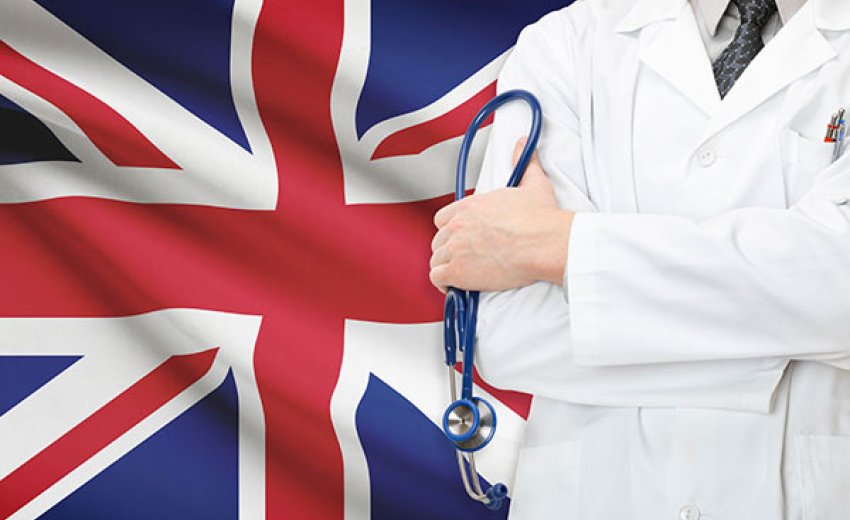The Sikh Doctors Association (SDA) alleged that at least five Sikh doctors were removed from their regular shifts at NHS hospitals for refusing to shave their beards and failing the ‘fit test’ for essential facial protective equipment. Sikh physicians have been classified as a high-risk group for treating Covid-19 patients because many of them have beards, making face masks ineffective and increasing their risk of infection.
Some British Sikh doctors, who were members of the National Health Service (NHS) and were on the frontlines of the Covid-19 outbreak, protested after being prevented from assuming key roles because of their beards.
What were the NHS guidelines regarding facial hair?
Healthcare workers are obliged to wear personal protective equipment (PPE), including face masks while treating Covid-19 patients. While there were no official regulations mandating that employees shave their beards, NHS employers were asked to explain to staff and local religious groups why facial hair is a concern while treating patients. The NHS employers website notes, “Beards, stubble and facial hair cause a common problem when using PPE face masks, as this can prevent the mask being able to seal to the face and passing the fit test.”
If employees are unwilling to remove their facial hair, NHS employers had the option of transferring them to non-clinical departments.
Was there an alternative to face masks?
Alternatives to masks include hoods, helmets, and Powered Air Purifying Respirators, which were specialised facial protective masks (PAPRs). However, they are more expensive, in low supply, and require additional training time, making them less feasible than traditional masks. This shortage was the reason why British Sikh doctors were complaining and requesting a better procurement plan for speciality face masks from the NHS, which would allow them to keep their beards while working.
The SDA on the website says, “A number of Sikh health professionals have expressed concerns to us over their NHS employing authorities requesting removal of facial hair, in the course of providing appropriately fitting FFP3 facemasks. These special masks are designed to be ‘fitted tightly’ to the face and do not confer the required protection from airborne viruses to wearers with beards.”
Furthermore, it said, “Beards are a key article of the Sikh religious faith and identity. Shaving of facial hair for Sikhs goes against their religious faith.”
As per the Sikh faith, the adherents are expected to follow the tenets of the religion. And, not cutting hair is one of them.
According to sources, PAPRs were provided to the five Sikh doctors. The lack of PAPRs could also be a problem for males who practise other religions, such as Islam because the ordinary cotton FFP3 masks are ineffective with beards.
How does facial hair impact the masks’ fit?
According to an article published in the British Medical Journal (BMJ), unlike regular masks worn by the general public, which are designed as a two-way barrier to protect against droplets, FFP3 masks require a clean seal between the face and the mask. Although there is no conclusive evidence that they are effective, healthcare professionals have been advised to use these masks.
With a beard, it is not possible to maintain this barrier since facial hair tends to create gaps around the edges of the mask, allowing pathogens to slip through. However, the extent to which facial hair may be responsible for leakages is not entirely evident.
While some argue that moustaches and certain forms of beards do not affect face masks, research conducted in the United Kingdom in 2015 showed that even a 24-hour stubble can diminish the level of protection a mask can provide.
